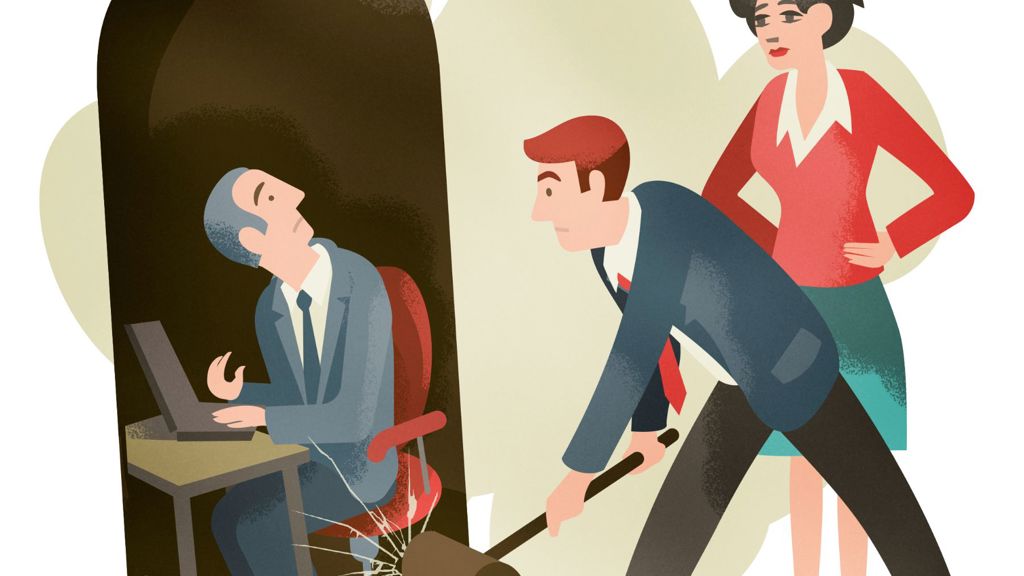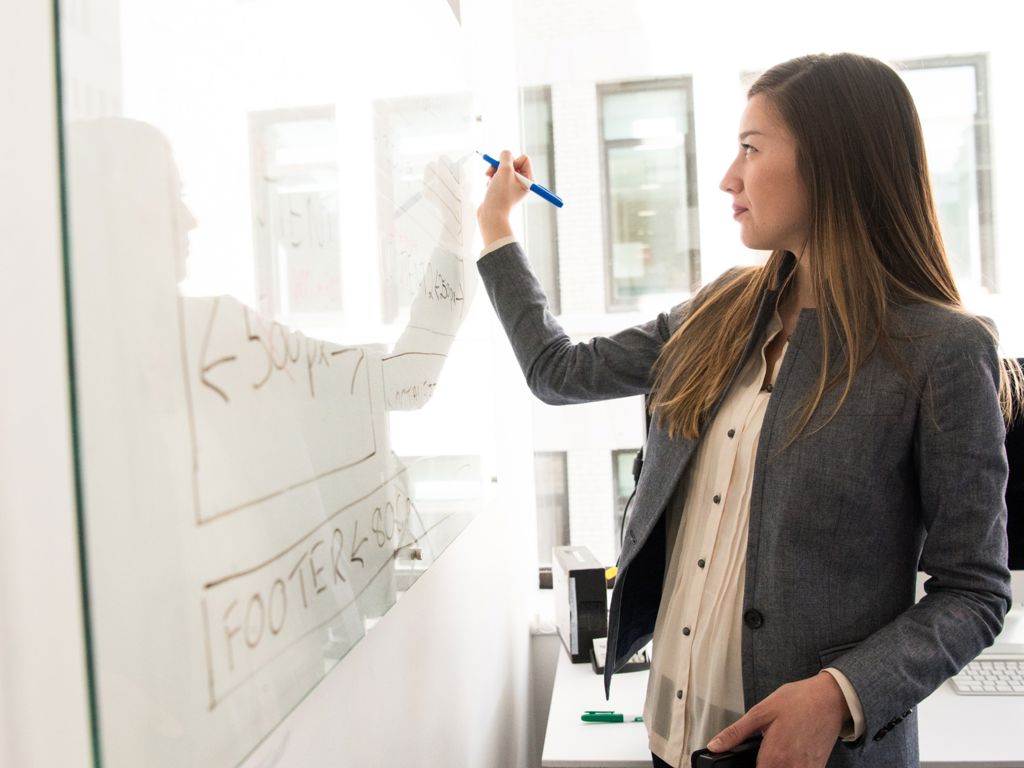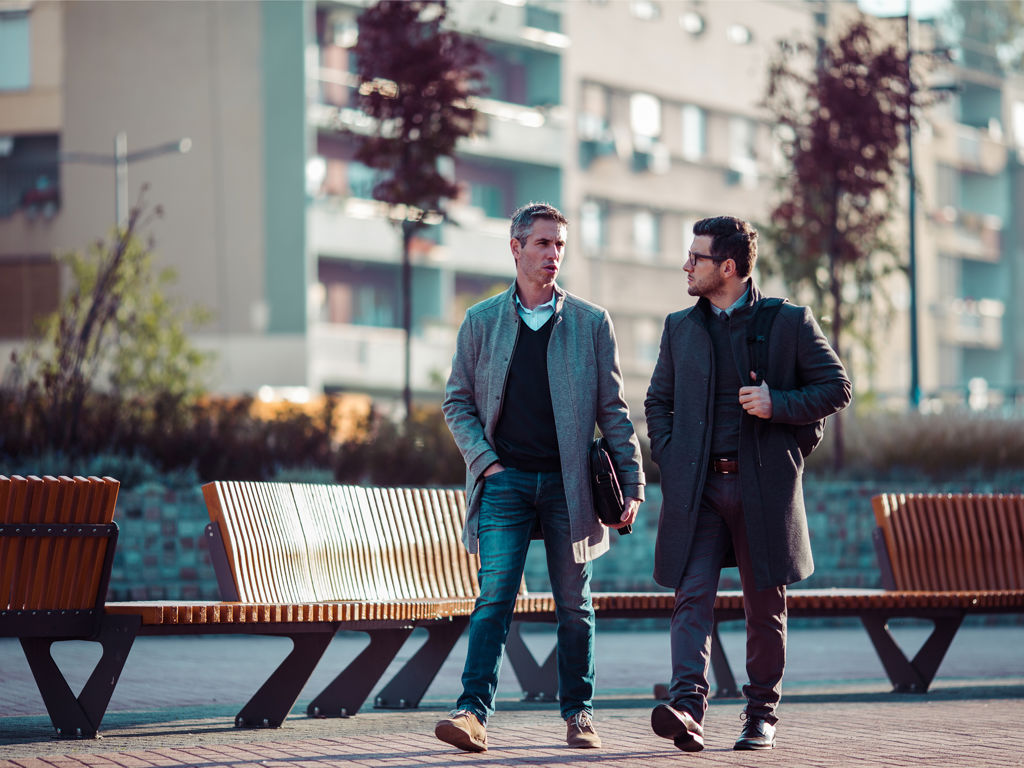Addiction: How Danske Bank and your union can help
Danske Bank has a rehab team that helps colleagues who have developed an addiction. Read how Danske Bank and Finansforbundet in Danske Bank take action when colleagues need help.
You are at your desk doing your job as usual. Suddenly your manager comes over, asking you to accompany him.
You have no idea where you’re going, and you don’t recall any scheduled meeting.
You are escorted to a room where your boss introduces you to Robert Dige from HR Legal and Dorte Bielefeldt from Finansforbundet in Danske Bank.
You have never met these people before, and they start off in a serious tone.
“We’ve requested to have a serious conversation with you, and we are here to help you. The reason is that we are sure that you have an addiction.”

10-12 cases every year
This scenario unfolds 10-12 times a year in Danske Bank.
“The person concerned is obviously taken aback and we catch him/her off guard. It has an overwhelming effect on many, but it is part of the plan not to give them time to think things over. The vast majority admit to having an addiction within 15 minutes into the interview”, says Robert Dige.
Utmost consideration for the person
It’s a difficult conversation to have. That's why Robert Dige and Dorte Bielefeldt have the skills needed to handle the conversations and the reactions from their colleagues.
“We try to show utmost consideration for the person who has suddenly become the centre of attention and thought no one knew of their addiction. Having said that, we are aware of our goals: Firstly, they must admit to having an addiction; secondly, they must accept to enter a treatment programme”, says Dorte Bielefeldt.
We offer two forms of treatment as standard: Outpatient treatment taking place in the morning or outside office hours; or more frequently, since cases tend to be severe:
A six weeks’ stay at our treatment centre Tjelehuset.
“A stay at Tjelehuset is considered the same as being on sick leave. But that obviously requires that the person concerned can enrol in the treatment programme with an open mind”, says Robert Dige and explains:
“Sometimes addictions arise from matters in your private life. Our focus is therefore always to turn every stone to help our colleague”.
Faktaboks
Addiction comes in many forms
Robert Dige and Dorte Bielefeldt have come across many types of addiction:
The most common type of addiction
- Alcohol
Addictions that are growing
- Betting
- Gambling
Other types of addiction
- Substance abuse
- Shopping addiction
- Sex addiction
Good results for victims of addiction
Both of them emphasise that it’s crucial that you don’t personally approach someone whom you suspect may have an addiction; you should go to them instead or involve your manager and your union representative.
“It is important to involve us because we have the experience and skills needed to handle cases of addiction”, says Dorte Bielefeldt.
What’s more, results show that 75 per cent of those we ask to accompany us to a meeting room return to work and perform well and are free of their addiction.
A double life in the bank with clients, sex and drugs - hear the story about Jesper from Danske Bank





